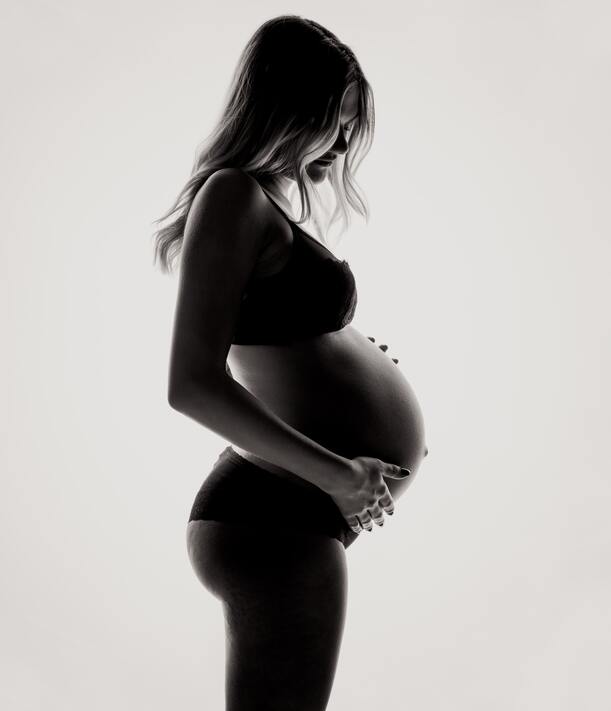Acupuncture when pregnant has gained popularity recently as a complementary therapy to relieve a variety of discomforts. Along with happiness and excitement, pregnant women may also experience aches, pains, or other discomforts. If you’re pregnant but still want to try acupuncture, you might question if it truly helps and worry about possible risks.
What is acupuncture?
Acupuncture is a kind of traditional Chinese medicine that dates back thousands of years. The yin and yang forces of traditional Chinese medicine are seen as the body’s two opposing powers.

In Chinese medicine, an imbalance between these two forces prevents the passage of qi, or life energy, down internal channels called meridians in our bodies. In order to address imbalances and restore health, an acupuncturist inserts hair-thin needles into the skin at certain locations along the meridians.
Is it safe to try acupuncture when pregnant?
Studies have shown that acupuncture sites connect to deep-seated nerves, and that electrical stimulation of the needles (known as electroacupuncture) causes the deep-seated nerves to become active. Endorphins are among the brain chemicals released as a result, and they inhibit pain signals as well as perhaps alleviating certain other pregnancy-related symptoms.
A 2014 research that examined 105 papers on the use of acupuncture during pregnancy found a relatively low rate (1.3 percent) of mostly mild to severe adverse effects, with discomfort where the needles are put being the most frequent.

A further investigation conducted in 2019 on more than 20,000 pregnant women in Korea revealed no link between acupuncture use and an increased risk of stillbirth or preterm birth. Nevertheless, a 2015 review of 15 research on the technique showed no evidence that any pregnancy-related issues, such as miscarriage, premature delivery, or stillbirth, were increased by even placing needles into areas that are often taboo during pregnancy (such as the lower back).
Benefits of acupuncture during pregnancy
Reduce morning sickness
Several studies have examined acupuncture’s potential to relieve nausea and vomiting both during and outside of pregnancy. Studies on the stimulation of the P6 acupressure point, often known as the spleen channel, were addressed in one older but substantial review. Practitioners of the point think that P6 affects the digestive tract.

Acupuncture provided participants in research conducted outside of pregnancy with more relief from nausea and vomiting than did taking conventional drugs. Perhaps even more intriguing and pertinent: A study from 2021 examined 16 earlier research and came to the conclusion that acupuncture is beneficial for treating severe morning sickness in pregnancy.
Prevent depression
Up to 15% of pregnancies may be affected by antepartum depression. Researchers recommended either acupuncture or massage to treat depression symptoms in a short 2010 studyTrusted Source.

The acupuncture group’s total symptom decrease was equivalent to that of those receiving more conventional depression therapies. Moreover, the course of therapy was just 8 weeks long, with a total of 12 sessions. Moreover, acupuncture may be a viable option for treating and preventing pregnancy-related sadness, according to research.
Relieves back and pelvic pain
According to a comprehensive worldwide data review of the existing evidence, acupuncture can dramatically decrease the lower back or pelvic discomfort typically felt by pregnant women.

One of the most often mentioned benefits of acupuncture when pregnant is pain treatment during delivery and after surgery (c-section), especially now that healthcare practitioners are exploring alternatives to opioids painkiller prescription for pregnancy which are potentially addictive for new moms after receiving it.

